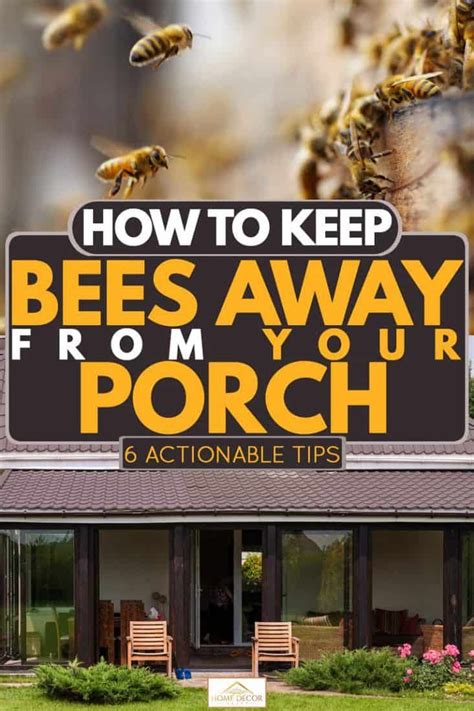How to Keep Bees Away: A Comprehensive Guide
Bees are essential pollinators, but their presence can be unwelcome, especially when they build hives near your home or in areas where people gather. This guide provides safe and effective methods to deter bees without harming them. Remember, always prioritize humane and environmentally responsible approaches.
Understanding Bee Behavior
Before attempting to deter bees, it's crucial to understand their behavior. This helps you choose the most effective strategy.
- Identifying the Bee: Are they honeybees, bumblebees, or wasps? Wasps are often mistaken for bees, but their behavior and nests differ significantly. Honeybees are generally docile unless provoked, while wasps can be more aggressive. Accurate identification helps you tailor your approach.
- Locating the Nest: Finding the nest is key to effective removal or deterrence. Observe the bees' flight patterns to pinpoint their hive's location. This might be in a wall cavity, under eaves, or in a ground burrow.
- Bee Activity: Note the time of day when bees are most active. This helps you plan your deterrents strategically, potentially focusing efforts during peak activity times.
Safe and Effective Bee Deterrents
Here are several humane methods to keep bees away from your property:
Natural Deterrents:
- Essential Oils: Certain strong scents deter bees. Peppermint oil, eucalyptus oil, citronella oil, and tea tree oil are effective options. Dilute these oils and spray them around areas where bees congregate. However, avoid direct contact with bees.
- Vinegar: The strong odor of vinegar can also be a deterrent. Spray a diluted vinegar solution around potential bee entry points.
- Plants: Some plants naturally repel bees. Consider planting these around your home or garden: lavender, mint, citronella grass, lemongrass, and basil.
Physical Barriers:
- Mesh Screens: Installing mesh screens over vents, windows, or other potential entry points prevents bees from entering your home.
- Repairing Cracks and Holes: Seal any cracks or holes in your home's exterior walls or foundation to eliminate potential nesting sites.
Commercial Repellents:
While natural methods are preferable, commercial bee repellents are available. These often contain synthetic chemicals designed to mask scents or disrupt bee communication. Always read the label carefully and follow the instructions precisely. Prioritize environmentally friendly options.
When to Call a Professional
If you have a large beehive or are dealing with an aggressive bee species, it's best to call a professional beekeeper or pest control service. They have the expertise and equipment to safely remove or relocate the bees. Many beekeepers are happy to relocate hives instead of destroying them, saving the bee colony and helping the environment.
Preventing Future Bee Problems
- Regular Home Maintenance: Regularly inspect your home for cracks or holes that could attract bees. Seal these promptly.
- Garbage Disposal: Keep garbage cans covered and clean to prevent attracting bees seeking sweet or sugary substances.
- Outdoor Food: Avoid leaving food or drinks unattended outdoors, especially sugary items that attract bees.
By understanding bee behavior and utilizing these strategies, you can effectively deter bees from your property while ensuring their safety and protecting the environment. Remember, always prioritize humane and sustainable methods.
